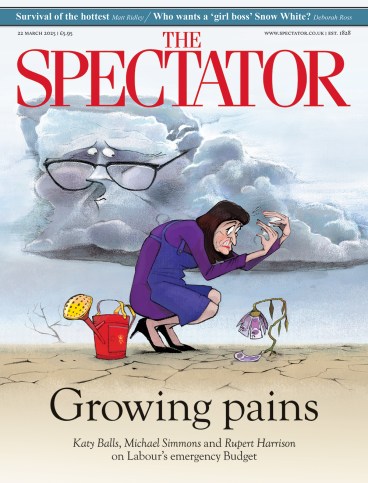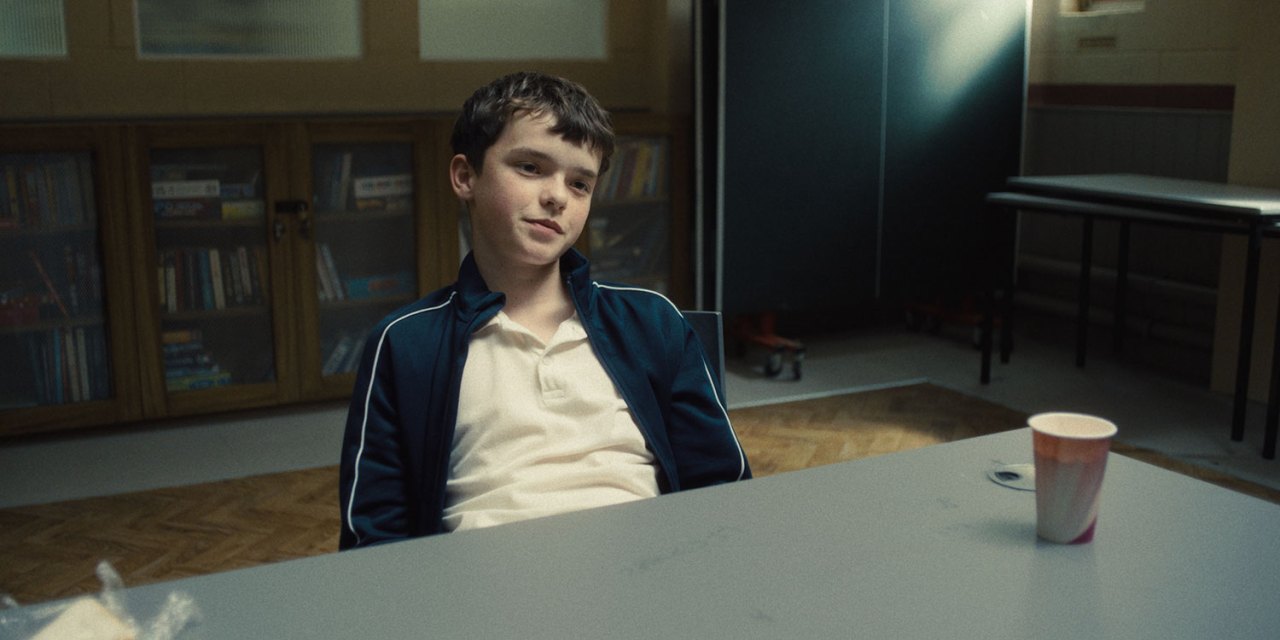
Bradley Walsh: Egypt’s Cosmic Code may sound like a pitch by Alan Partridge – but, impressively, the programme itself manages to be even odder than its title.
Naturally, Tuesday’s opening episode began with Bradley emphasising that his interest in Ancient Egypt long predates his signing of the contract for the show. Indeed, it was back when he was an apprentice at Rolls-Royce that he first realised ‘whoever built the pyramids, it certainly wasn’t the Ancient Egyptians 4,500 years ago’.
Sharing his scorn for this discredited idea was Tony McMahon, an ‘investigative historian’ who showed up now and again to say bonkers things in an authoritative and sonorous manner. Given that there’s ‘got to be something more than mere human beings’ at work here, he boomed, the likeliest theories as to who built the pyramids boils down to a straight fight between aliens and ‘a superior advanced civilisation that has disappeared’.
Meanwhile, over in Egypt, Bradley had discovered what he called ‘a smoking gun’: if you multiply the height of the Great Pyramid of Giza by 43,200, you get more or less the polar radius of the Earth; multiply its perimeter by the same number, and you get more or less the Earth’s circumference. Not only that, but the number of seconds in an equinox is… 43,200.
Yet even all of this wasn’t the oddest thing about the programme. Instead, that came with the gradual realisation that it didn’t believe a word Bradley was saying, but was too polite to tell him. As he continued to lay out ever wilder theories – and it continued to listen patiently – a pincer movement by the narrator and a proper Egyptologist quietly explained how pyramid construction was perfected over a 100-year period. At the start, Bradley had promised to ‘find out once and for all’ who was really responsible for building the pyramids. By the end, the clear if somewhat anti-climactic answer was the Ancient Egyptians 4,500 years ago. A few puzzles, mind you, remained. Did Bradley notice how comprehensively his fish had been shot in their barrel? If not, why not? If so, why was he so unabashed? More baffling still, what on earth was the point of the programme? To genuinely explore his ideas? (Unlikely, seeing as it knew they were mad.) To laugh at him? (Unlikely, seeing as its politeness extended to treating him with some reverence as a thinker.) To serve up yet another travelogue where a celeb in an Indiana Jones hat rides a camel, makes a lot of lame jokes and is obligingly rubbish at every practical task? (Possibly – but then why all the other stuff?) Some mysteries, it seems, may never be solved.
At the risk of sounding heartless, it looks as if toxic masculinity is the new sexual abuse: the inevitable answer to why a character in a film, book or TV drama appears inexplicably unhappy, aggressive or damaged.
The undoubted power of Adolescence seems to have blinded many to a couple of pretty serious flaws
Take Netflix’s four-part Adolescence, which began with armed police breaking into the house of the apparently ordinary Miller family and arresting 13-year-old Jamie for murder. At the police station, he chose as his appropriate adult his father Eddie (Stephen Graham), who believed his son’s protestations of innocence right up until the two were shown CCTV footage of Jamie stabbing a female classmate. With that, the only question was why – which is where the toxic you-know-what came in, as the teenage online world of incels, Andrew Tate and the rest was revealed to the aghast adults in both the show and the audience.
By now, you may well have read reviews of Adolescence that are not so much glowing as incandescent, hailing it as one of great dramas of our times. But while the script and acting are definitely terrific, I wonder if the enormous level of acclaim is partly due to how neatly it chimes with the newly fashionable received wisdom about boys being under intolerable pressure to live up to the mixed messages of what it is to be male. Like more orthodox horror films, it also offers the titillating (let’s face it) chance to indulge our darkest fears: in this case, the unknowability of what our children are up to online.
As the parent of teenagers, of course, these are fears I share – but I might also suggest that constantly telling boys what intolerable pressure they’re under risks putting them under intolerable pressure. I’d also (and more firmly) suggest that the undoubted power of Adolescence seems to have blinded many to a couple of pretty serious flaws: that it was all a bit too on the nail, and that the murder on which it all hinged remained rather an implausible leap. Then again, the fact that people suspended their disbelief so willingly perhaps only confirms how unquestioningly the notion of toxic masculinity is now accepted.








Comments